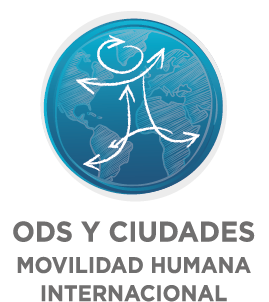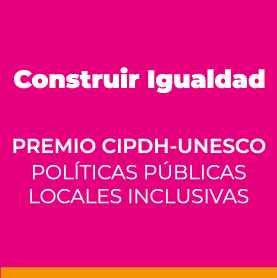Agreement Declaring Mexico City a Friendly City for the Lesbian, Gay, Bisexual, Transsexual, Transvestite, Transgender and Intersex (LGBTTTI) Population CDMX: LGBTTTI-Friendly City Declaration
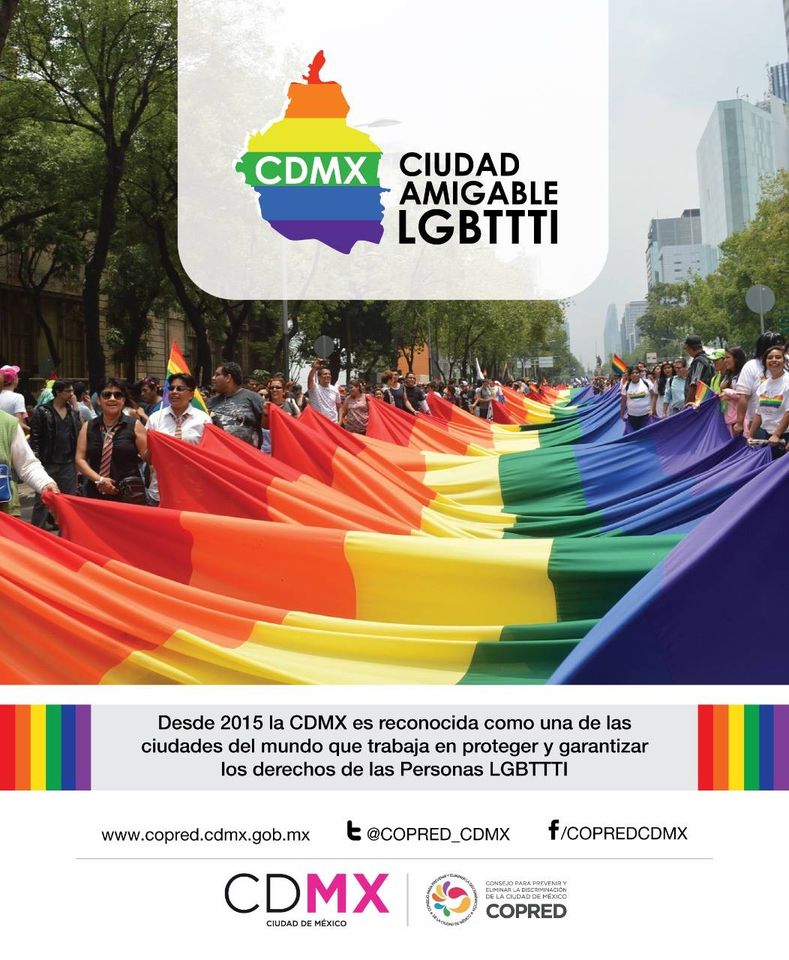
- Region
- Latin America and the Caribbean
- Range of Demographic Size
- 1,000,000 inhabitants or more (metropolis)
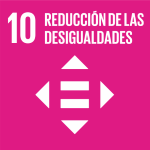
10-2 By 2030, empower and promote the social, economic and political inclusion of all, irrespective of age, sex, disability, race, ethnicity, origin, religion or economic or other status.
10.3 Ensure equal opportunity and reduce inequalities of outcome, including by eliminating discriminatory laws, policies and practices and promoting appropriate legislation, policies and action in this regard.
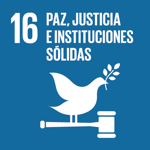
16.1 Significantly reduce all forms of violence and related death rates everywhere.
16.3 Promote the rule of law at the national and international levels and ensure equal access to justice for all.
16.7 Ensure responsive, inclusive, participatory and representative decision-making at all levels.
16.9 By 2030, provide legal identity for all, in particular, by means of birth registration.
B - Rights, needs, responsibilities and requirements of girls, boys, adolescents and youth
D - Universal access to sexual and reproductive health services
E - Gender equality
Universal Declaration of Human Rights (UDHR).
International Covenant on Economic, Social and Cultural Rights (ICESCR).
Additional Protocol to the American Convention on Human Rights in economic, social and cultural rights (San Salvador Protocol).
Others
Summary
Mexico City (CDMX) has been declared an LGBTTTI-friendly city, thus institutionalizing the set of coordinated actions and guidelines that are part of a highly inclusive local agreement for Mexico’s capital city. The Agreement declaring Mexico City a friendly city for the lesbian, gay, bisexual, transsexual, transvestite, transgender and intersex population recognizes the years of efforts made by civil organizations and LGBTTTI collectives with the purpose of defending their rights. In particular, this Agreement provides for the recognition of gender identity, the development of protocols to assist the LGBTTTI population in public security and justice issues, and the definition of homophobia, lesbophobia, biphobia and transphobia as discriminatory behaviors to be eradicated from the city.
This Agreement operates at different levels in order to fight discriminatory and phobic behaviors against the LGBTTTI community. Some of the actions taken in this regard have to do with training, formal and non-formal education, and information campaigns encouraging the inclusion of diversities, which, having been in place for a long time now, have set a precedent in Latin America and the Caribbean.
Implementation Date:
Start: 11 / 23 / 2015
End: End: Currently in force
Social/citizen participation
Advice
Financial/legal/technical assistence
Communication and information channels, platforms and tools
Awareness and/or information campaigns
Education and training
Systems of production, survey, systematization and monitoring of information (data)
Institutional strengthening
Access to justice
- Email: internacional.copred@gmail.com
- Web: https://www.copred.cdmx.gob.mx/acciones-estrategicas/declaratoria-cdmx-ciudad-amigable-lgbttti
- Telephone: 01 (55) 5396 3188
- Social Network:
Instrumentos

10-2 By 2030, empower and promote the social, economic and political inclusion of all, irrespective of age, sex, disability, race, ethnicity, origin, religion or economic or other status.
10.3 Ensure equal opportunity and reduce inequalities of outcome, including by eliminating discriminatory laws, policies and practices and promoting appropriate legislation, policies and action in this regard.

16.1 Significantly reduce all forms of violence and related death rates everywhere.
16.3 Promote the rule of law at the national and international levels and ensure equal access to justice for all.
16.7 Ensure responsive, inclusive, participatory and representative decision-making at all levels.
16.9 By 2030, provide legal identity for all, in particular, by means of birth registration.
B - Rights, needs, responsibilities and requirements of girls, boys, adolescents and youth
D - Universal access to sexual and reproductive health services
E - Gender equality
Universal Declaration of Human Rights (UDHR).
International Covenant on Economic, Social and Cultural Rights (ICESCR).
Additional Protocol to the American Convention on Human Rights in economic, social and cultural rights (San Salvador Protocol).
Others
Location
- Region
- Latin America and the Caribbean
- Range of Demographic Size
- 1,000,000 inhabitants or more (metropolis)
Contact details
- Email: internacional.copred@gmail.com
- Web: https://www.copred.cdmx.gob.mx/acciones-estrategicas/declaratoria-cdmx-ciudad-amigable-lgbttti
- Telephone: 01 (55) 5396 3188
- Social network:


